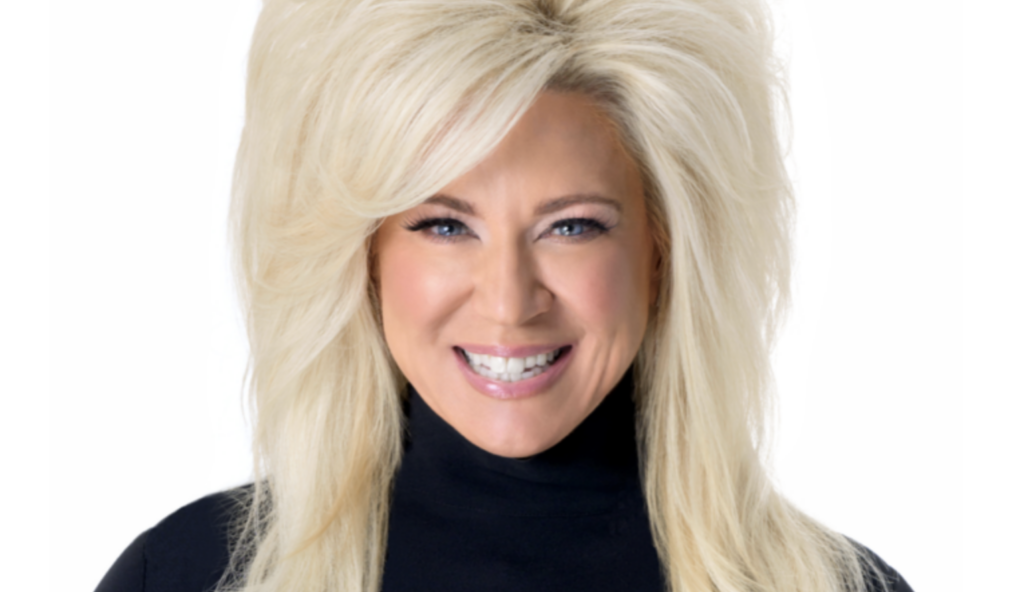Fit for a King
In Jacqee Gafford’s new play Nothing Comes to Sleepers, a balmy April evening is winding down at the Hot Comb Beauty Salon on Kansas City’s east side. The flamboyant Kiki (Lorenzo Hughes) is answering the phones, one of several tasks he feels is beneath him. The shop’s two chairs are occupied by sassy, ever-hungry Gloria (Donette Coleman-Reese) and sensible schoolteacher Queenester (Vernice Wesley). Working the combs and scissors are Cleo (Karen B. French) and Barbara Jean (Lynn King).
The year is 1968. As we hear on the radio, it’s a busy news week: Vietnam is aboil, President Johnson has vowed not to seek reelection, and black entertainer Eartha Kitt’s assertive opinion about the killing overseas — expressed to Lady Bird Johnson — has been ruled out of bounds. Meanwhile, the Reverend Martin Luther King Jr. is in Memphis to support a strike by that city’s mostly black garbagemen.
And on local movie screens are two aptly named films that (double)speak to the times: In the Heat of the Night and Guess Who’s Coming to Dinner? Both feature the crown prince of black achievement, Sidney Poitier. By the close of the play, the answer to the latter movie’s titular question comes at a horrific price.
Gafford’s task with the first act of this docudrama punctuated with humor is to introduce these and other characters before bringing the roof down around them. The first hour also welcomes Barbara Jean’s teenage daughter, Evaon (Kristie Harris); a neighboring church’s Reverend Thompson (Frank Dodson) and his draft-age son, Reuben (Tim Burks); as well as a white, Jewish lady (Vickie S. Little), whose good intentions are wrapped with clueless piety.
The group’s camaraderie is infused with a sort of self-deprecation to which only other people of color are privy. But the characters also sport a new shade of self-esteem — a proud coat of many colors that Dr. King’s work has made possible. So at the close of Act One, when news arrives that King has been shot, the air is choked out of the room.
Up to this point, Gafford’s play has fashioned a smart commentary. It’s beautifully acted by King and Coleman-Reese, though their fellow cast members strain a bit. The show feels as if it could use a few more rehearsals, but its momentum never suffers a fatal blow — there’s a credible tempo that almost puts audience members in a store across the street.
One of Gafford’s more fascinating topics is how several of the characters have moved to Kansas City from the south. They knew places like Texas and Louisiana were inhospitable and believed there was something idyllic about the Midwest. The subject resonates acutely in a city that continues to rank among the country’s most segregated.
The second act brings brilliance as well as flaws. While the group struggles to cope with the news of the shooting and King’s assumed progress on an operating table, other issues flare up that might be better served by plays of their own. A scene involving Thompson and his son’s take on racism in the armed forces has a payoff, but its length is cumbersome and disruptive. Exits and entrances pop up as a playwright’s convenience. And the humor that came so frizz-free in the first act feels forced and untrue in the second — if not completely out of place.
But the play’s last ten minutes pack a wallop, offering up Gafford’s formidable skills as a director. As King’s speech from the night before comes across the radio, the actors either sit in stunned silence or move delicately like ghosts. There’s a hushed, mortal elegance to the scene that seems to stop all hearts while the earth spins perilously in slow motion.
Postscript: After next week’s conclusion of Camp Shakespeare, more than 140 metro-area kids will be able to boast of a personal connection to a playwright who alienates most adults. “We leave this summer with 140 students intimate with Hamlet, arguably the best play ever written. That’s pretty great,” says Melinda McCrary, education director of the Heart of America Shakespeare Festival’s camps.
Last week, McCrary and several students were gathered at St. Teresa’s Academy in midtown, one of the five sites hosting camps this year. About 25 kids were engrossed in a voice exercise in which they repeated famous lines like “Neither a borrower nor a lender be” with various moods and intents. “Now sing it,” said the instructor, who also requested line readings barked like a dog or intoned with anger.
Later, one youngster heard the line “Shuffle off this mortal coil” and quipped, “Shuffle off this motor oil.” Not bad for a little guy probably more comfortable in front of a PlayStation 2.
“The strongest thing that can be said is that we have a high rate of returning campers,” McCrary notes. Most parents tell her that Camp Shakespeare is the highlight of their kids’ summers. She admits that a handful start with an attitude somewhere between ennui and rage. “We have the same discipline issues as the schools have, sure, but we have two weeks,” she says. Afterward, she adds, “They leave happy they came.”
The kids between ages eight and thirteen always conclude with a condensed version of a Shakespeare play tied to the festival. “In past seasons, we’ve had tragedies that have been offset by comedies,” McCrary says. The fact that Hamlet was the festival’s only selection this year wasn’t as big a problem as she had predicted. “I’m the only one who sees all the performances, and they were exceptional this year,” McCrary says. “One of the best Hamlets was a nine-year-old girl.”




